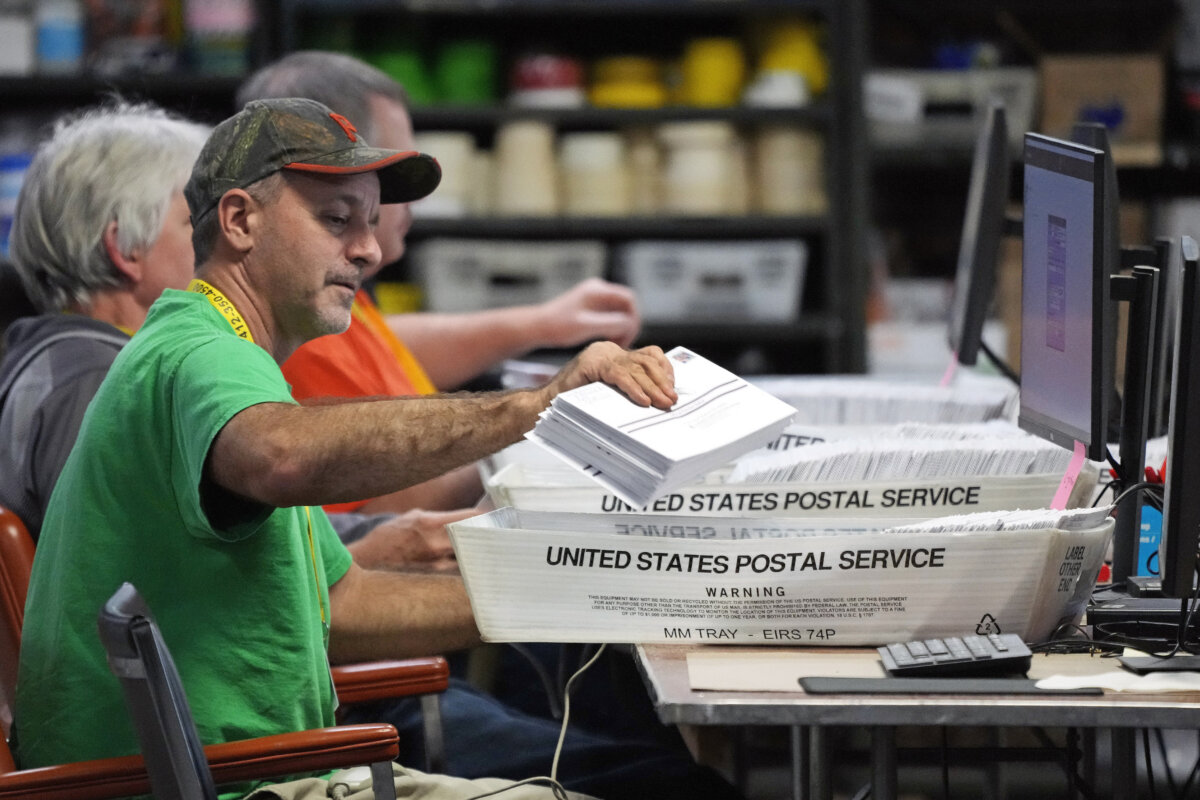TORONTO – Federal Industry Minister Tony Clement is pushing forward with plans to allow more foreign investment in Canada’s telecom sector, a move he says will ramp up competition, encourage innovation and ultimately benefit consumers.
The minister told the Canadian Telecom Summit on Monday that he will open the process to public and industry comment this week before releasing a report on the matter within a few days.
“In the next few days I will be releasing a consultation paper on this subject as well and I will be looking forward to hearing your views on this issue,” Clement said at the conference.
We will have a relatively short, but important discussion period commencing with the release of that report in the next few days so we can get the feedback from both the industry and Canadian consumers.”
Under the plan, the minister wants large carriers like Rogers Communications (TSX:RCI.B), Telus (TSX:T) and Bell (TSX:BCE) to have access to foreign capital while also ensuring that new entrants and smaller players have their capital needs met.
“There has to be some consideration of liberalization in both fields,” he said after the speech, noting there he hopes to find a balance suitable to both sides.
Canada’s established carriers have called for regulations to be opened up for every company, no matter their size, while some of the new entrants want foreign capital open to only companies with less than 10 per cent of the market share, an approach recommended by the Competition Policy Review Panel in 2008.
A website to gather comment has been set up at Digitaleconomy.gc.ca.
The minister’s speech comes as Canada’s wireless sector faces heated competition between major carriers and new incumbents rolling out across the country at a cautious pace.
Cellphone service operator Globalive Wireless — which is funded in large part by an Egyptian firm — began selling wireless services late last year. Mobilicity and Public Mobile began ramped up their services in May and other players, including Quebecor’s Videotron unit, plan to enter the business as well.
At this point, federal regulators require telecommunications companies — which includes cable, satellite and wireless services — to be Canadian controlled. Total direct and indirect foreign investment is restricted to 46.7 per cent of the company. The exception to the rule is that a foreign majority non-voting stake is permitted.
Some critics have found problems with Clement’s plan, saying companies like Rogers and Quebecor (TSX:QBR.B) are both content providers and distributors, making it difficult to separate their functions, though Clement quickly clarified his plan.
“None of this will involve changing the broadcasting rules or relaxing those rules,” he said. “The focus is on the telecom side.”
The minister did not provide specifics on when the consultation process will wrap, but that he said he wants to be ready to move forward with his plans during the new parliamentary session in the fall.
Rogers Wireless president Rob Bruce said he can’t remember a time when deregulation has been more squarely on Ottawa’s agenda.
“From our perspective, it’s critically important that there’s a level playing field and that all players regardless of size are treated equally,” Bruce said, adding that telecom and cable companies should be treated equally.
Ken Engelhart, vice-president of regulatory affairs at Rogers, said he has been involved in “emergency” meetings on foreign ownership liberalization for 10 years.
“I am sure the government has a lot of will, but it’s proven to be a very stubborn file in the past. Canadians are quite nationalistic,” Engelhart said.
“Canadians feel that they should have Canadian-owned carriers, so there has been a real reluctance to move on this.”
Others in the industry have also shown some reluctance to the potential changes, including CRTC chairman Konrad von Finckenstein. He has said that both broadcasters and telecoms work hand-in-hand, which would make it very difficult to separate their functions through regulation.
Shaw Communications president Peter Bissonette attended Clement’s speech with other company executives ahead of the cable provider’s wireless rollout early next year, and also emphasized the ties between the two industries.
“We’re looking to be treated equally, whether in broadcast or telecom,” he said. “They’re so interrelated that its hard, frankly, to separate them.”
Michael Hennessy, senior vice-president of regulatory and government affairs at Telus (TSX:T), said there is still some Canadian nationalism when it comes to the telecom industry.
“But I think if you look at the younger generation that really rules when it comes to the Internet, they are indifferent to that type of cultural protection,” Hennessy said. “They have no problem with open markets.”
Hennessy said because the Internet is open to global markets despite regulation it’s “the thing that will shift us toward foreign ownership.”
“I am convinced we’re going to see a loosening of the foreign ownership restrictions and we at Telus are full supportive of that as long as it’s done on an equitable basis, and we’re fully supportive of continuing to protect Canadian content when it comes to the content side as opposed to the distribution side.”
Globalive CEO Tony Lacavera said access to foreign capital would accelerate the company’s rollout across the country.
“What’s vital is that we stay focused on what’s in the public interest,” he said. “We need to bring more competition to the wireless sector.”
However, analysts have said it may be some time before increased competition makes any appreciable dent in the level of Canadian cellphone costs, which are higher than those in the United States and Europe.
Dave Dobbin, president and chief executive of Mobilicity, said he looked forward to participating in the consultations.
“We fully support Minister Clement’s statements on improving access to foreign investment to help level the wireless playing field for new entrants in Canada,” Dobbin said.
Industry analyst Mark Goldberg, who also organizes the telecom summit, praised the government’s initiative but also said it is prudent to quickly advance the plan, because the leaving the future uncertain could actually hurt all of the carriers.
“Once you open a process and there’s uncertainty as to which direction is going to be followed, it creates an overhang for the capital markets. The ability of companies to raise capital during that interim period of uncertainty can’t be overstated,” he said.
“It could be extremely damaging to small players and large players alike to have a lengthy period of uncertainty when you’ve got such a capital intensive business.”
















